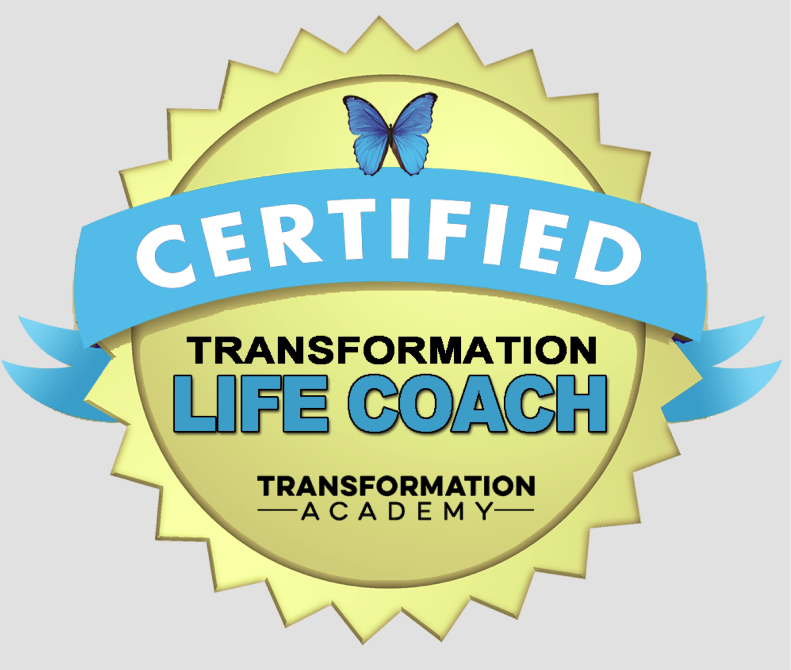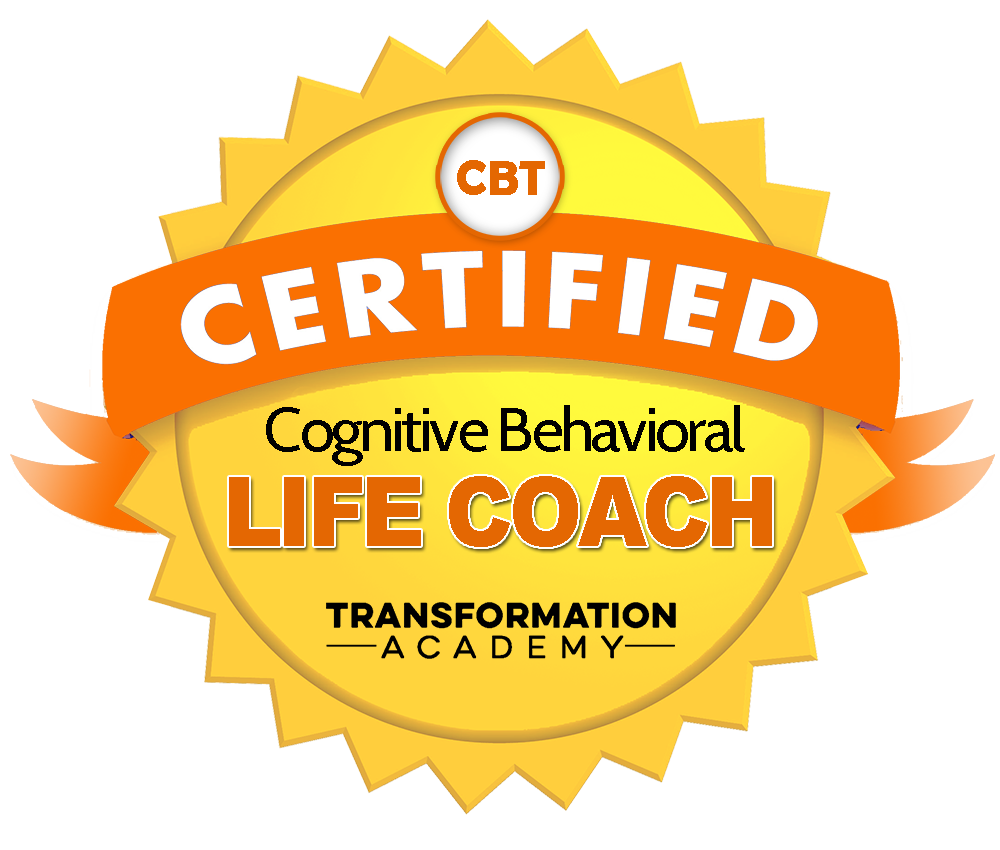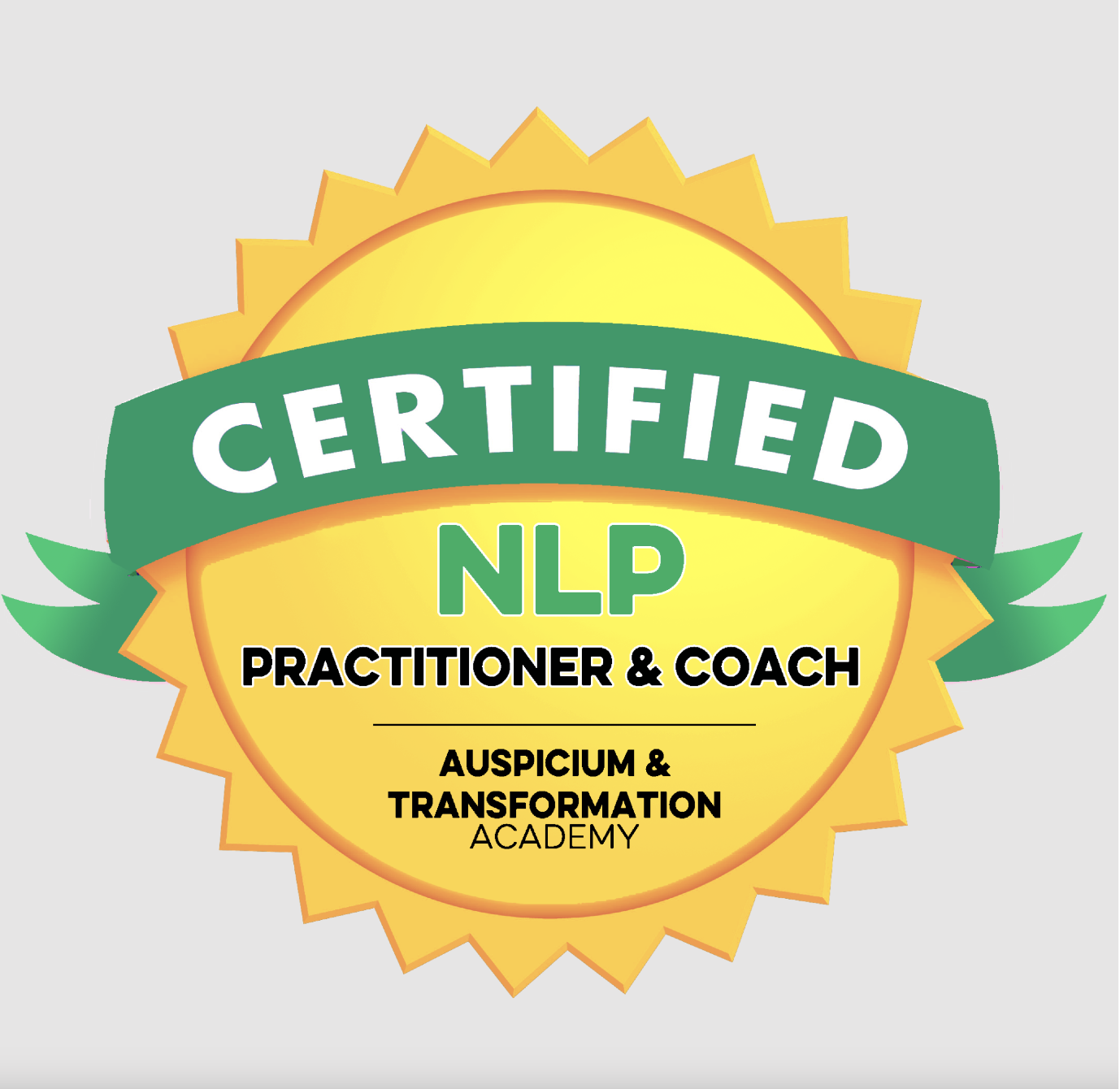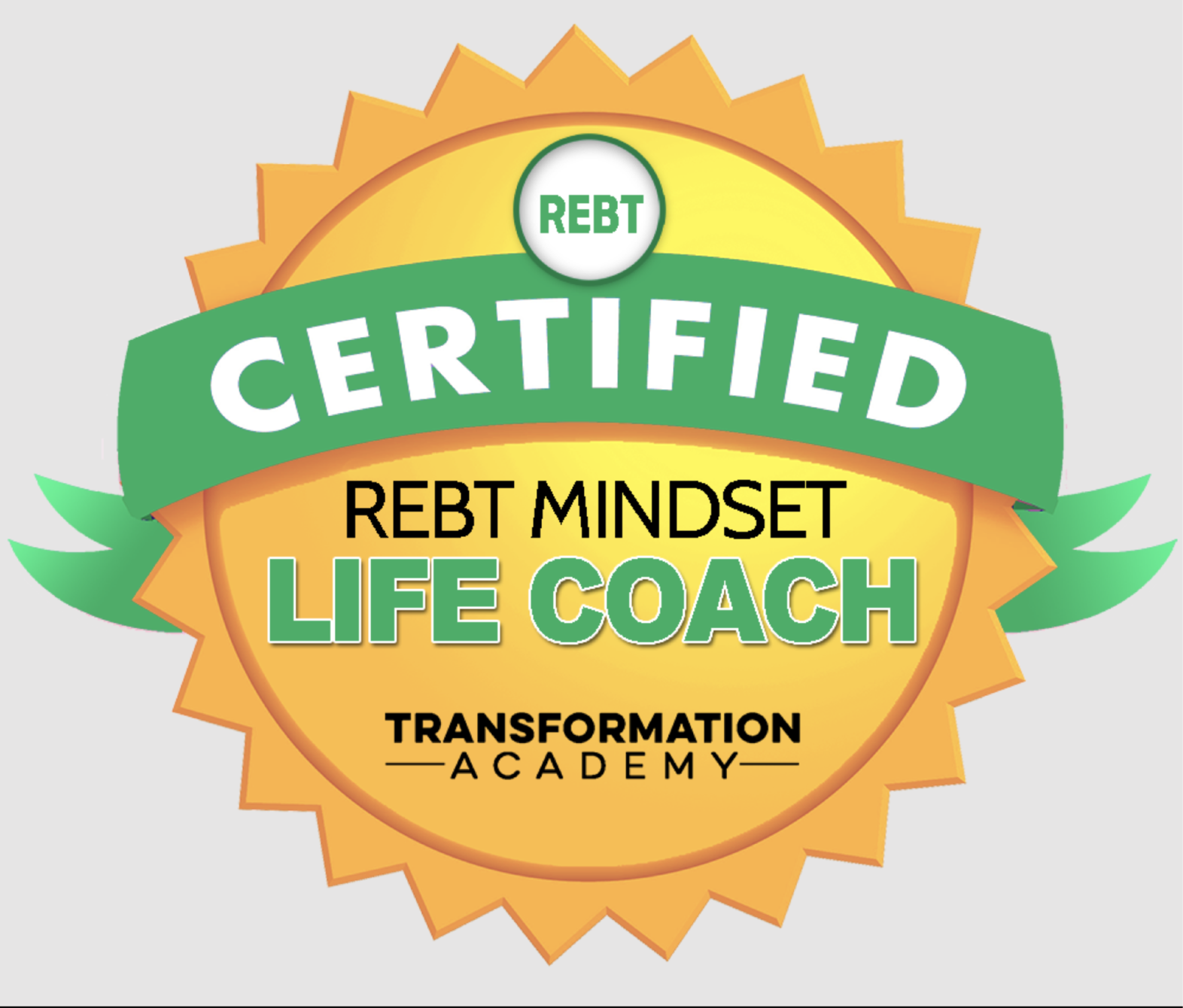Asperger's Syndrome
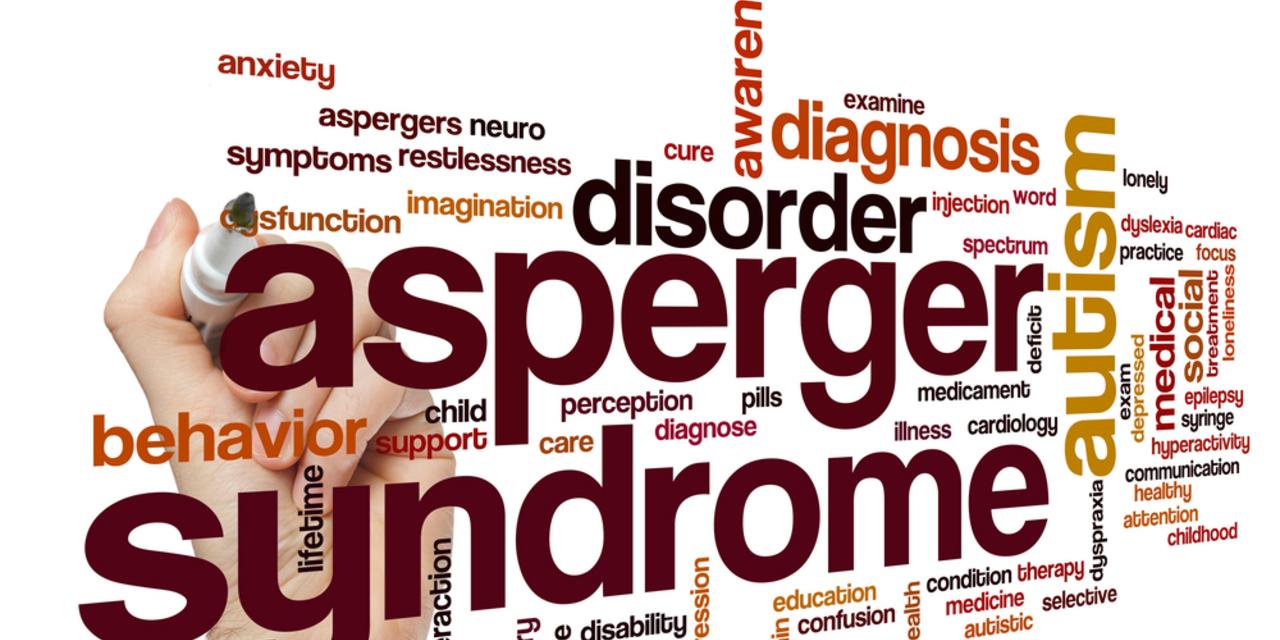
Asperger's Syndrome is a milder form of autistic disorder. Both conditions are part of a larger group of neurological disorders known in the US as Pervasive Developmental Disorders, or PDD for short. The 2 most common symptoms are eccentric behaviour and self-imposed social isolation. Sometimes speech is affected as well as gait and motor skills.
Your child may also be exclusively focused on a particular area of interest, such as cars or astronomy. Social isolation comes from the child wanting to know everything about his or her area of interest and little else. Conversations are usually focused only on that area as well.
Experts believe that Asperger's and autism have underlying biological causes, but are not clear yet on what those causes are. They do know that there are certain brain structure abnormalities but do not know why they occur.
There is no definitive test for Asperger's, but there are certain patterns, including:
- Significant impairment in social interaction, as demonstrated by: - impaired nonverbal communication - failure to develop age-appropriate peer relationships - lack of shared enjoyment of activities/surroundings with others - unable to reciprocate socially and/or emotionally.
- Repeated patterns of behaviour or interest, such as: - abnormal intensity of interest in one or two specific areas - rigid rituals that serve no functional purpose - repetitive mannerisms, such as hand or finger flapping - persistently preoccupied with parts of objects.
- No significant delay in language.
- No significant delay in cognitive development or learning of age-appropriate self-care skills.
If your child meets one or more of the above criteria, then your doctor may suspect Asperger's.
There aren't any treatments for Asperger's that will make it "go away." However, by using a combination of approaches that address the three core symptoms of the disorder (poor communication skills, obsessive or repetitive routines, and physical clumsiness); you can help your child live a fairly normal life.
What Are The Signs Of Asperger Syndrome
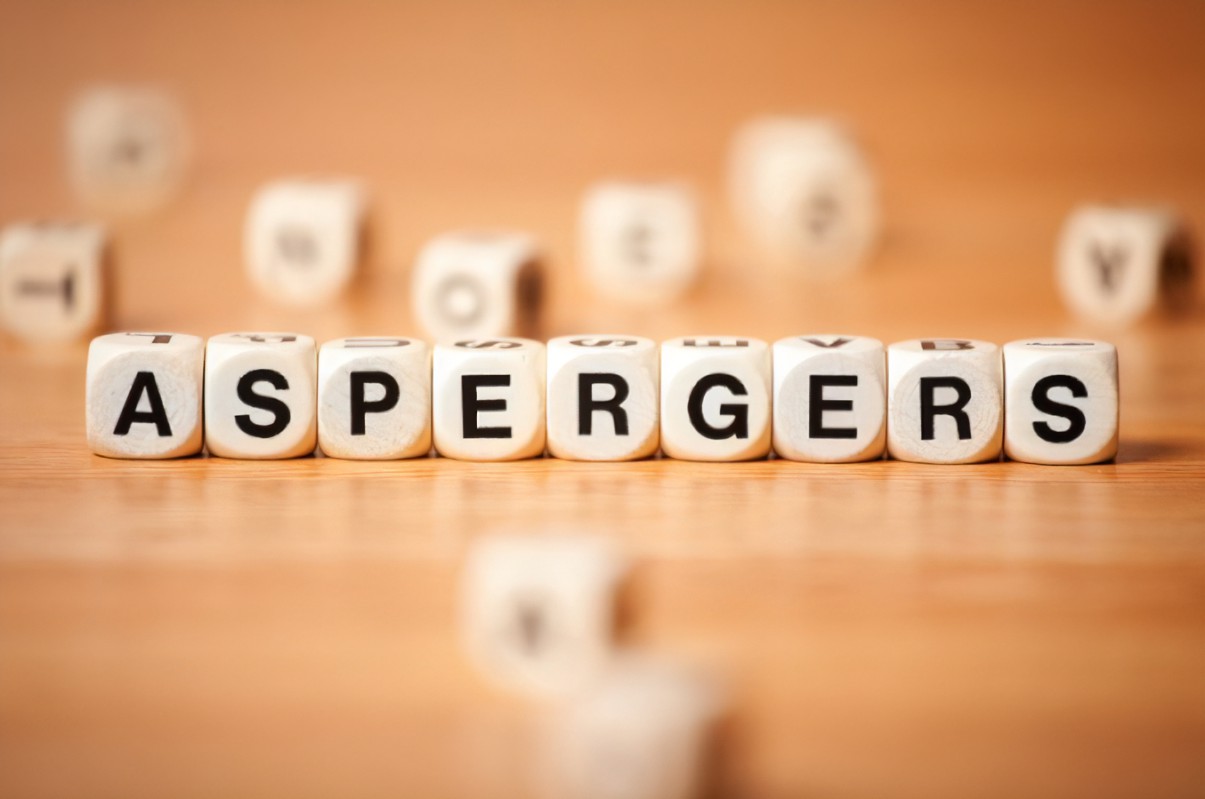
Asperger's is a form of Autism. People with Asperger's syndrome are on the higher end of the spectrum. They usually have normal language skills. Their main problem is dealing with people socially. Usually, these problems are first noticed when a child begins school. The child can have all the signs of Asperger's, or only a few. Here are some of the common signs of Asperger's syndrome.
- Have a hard time talking to other kids. Kids with Asperger's syndrome have a hard time going up to someone and starting a conversation.
- Speak in words that are very advanced for their age. The Asperger's child may use words that adults would use.
- Have trouble understanding when someone is joking, or being sarcastic. Children with Asperger's have a hard time understanding the tones of people's voices. They tend to take everything said seriously.
- Have very limited interests. A child with Asperger's syndrome may only want to focus on one thing. They may take a liking to puzzles and only want to do puzzles all the time. They will often learn everything they can about one subject. That will be all they focus on.
- Have a hard time with changes in their routine. This can be hard for a child starting school. They had a routine at home and now that is being changed. The same thing can happen during breaks during the school year. This is a common problem for Autistic children.
- Talking a lot. Children with Asperger's usually talk a lot. They often say whatever they are thinking whether it is appropriate or not. Most of the conversations they have are one-sided. While it looks like the child is talking to you, they are talking at you.
- Problems making friends. Kids with Asperger's have trouble making friends due to their inability to relate to the other children. They sometimes try too hard to make friends and scare the other kids away.
- No eye contact. Children with Asperger's usually will not look you in the eye when speaking. This is another common trait of an Autistic child.
- Using repetitive movements. This can be a movement like spinning around or bouncing back and forth while sitting. These movements are calming to the Asperger's child.
- Problems with speaking. The Asperger's child may speak fast. They usually do not stop to see if the person they are talking to is paying attention. Their tone of voice is flat and does not change to show emotions.
- Problems with movement. Children with Asperger's often have trouble with their coordination skills. They may always be tripping or stumbling over their own feet. They may take a long time to learn how to ride a bike.
Asperger children have the most positive outcomes on the Autism spectrum. They have high intelligence and language skills. They can often be taught the social skills they need to get by. If you notice any of these signs in your child mention them to the doctor.
Dealing With Asperger Syndrome

Asperger Syndrome is a relatively mild form of autism that affects people in different ways than regular autism. Because it usually does not affect language, many people with Asperger Syndrome go undiagnosed. This is the one form of autism that is usually not caught at an early age and is instead a disorder that develops later in life. Asperger Syndrome, however, can be a very difficult condition to have, so as soon as you suspect yourself or your child of having communication and social behavior problems, see your family doctor.
Many famous and successful people have been diagnosed with Asperger Syndrome. Historians even suggest that Einstein and Mozart each suffered from this disorder. It is important to note that no form of autism is a form of mental retardation. Most people with Asperger Syndrome are very intelligent. Asperger Syndrome does not dictate mental ability but rather makes it difficult for people to communicate in social settings, much in the same way a typical autistic child has trouble with behaviour in groups. When this disorder goes undiagnosed, children do not get the help they need, leading to problems in school such as bullying. Most children are relieved to find out they have Asperger Syndrome instead of just thinking they are less of a person. By getting diagnosed, not only can you or your child put a name to the problems, but it is then also possible to get treated to improve your overall situation.
Some symptoms to watch out for if you suspect Asperger Syndrome are some of the same symptoms that people with full-blown autism experience. This includes social confusion, first and foremost. Many people with Asperger Syndrome find it very difficult to deal with transition or change, wanting everything to stay the same. A quickly changing environment is especially confusing. People with Asperger Syndrome also may say rude or inappropriate things when they don't mean to do so, and may not be able to understand others' thought processes. Another common trait they share with autistic individuals is fixation, although people with Asperger Syndrome usually have more control over their fixations, which take the form of highly focused interests. If you suspect yourself or a loved one of this disorder, these are just a few of the signs for which you should be watching. Your doctor should be able to answer further questions and provide both reading material and treatment for this disorder.
Treatments For Asperger Syndrome

There is not one set of treatments for Asperger's syndrome. You will not find a medication that will cure a child with Asperger's. Instead, you will find several treatments to help with the problems associated with Asperger's syndrome. Here we will examine some of the treatments used for Asperger's syndrome.
Social Skills Training:
Children with Asperger's syndrome have a hard time understanding facial expressions, and tone of voice. They tend to take everything said to them very literally. They do not know when a person is joking with them. Children can be taught to recognize changes in people's voices, and what different facial expressions mean. They also need to be taught how to use better eye contact. This type of training can help the child to make friends. They are taught how to act around other people. Some children with Asperger's want to be around other kids, they just do not know how to act with them. They can be taught how to act when out shopping, or at a restaurant.
Cognitive Behavior Therapy:
This type of therapy teaches the child with Asperger's syndrome to find ways to cope. They are taught ways to reduce anxiety. They learn how to spot a situation that can cause them trouble. Then they learn techniques to cope when they are in that situation. Asperger's children often have a lot of anxiety. They have a hard time in social settings. They can have anxiety attacks or complete meltdowns. Cognitive therapy teaches them ways to stop the meltdowns from occurring. This therapy will teach a child with Asperger's that when they feel an unwanted behaviour coming on something they can do to stop it. They are taught how to remove themselves from a situation that makes them uneasy.
Medication:
No medication will treat Asperger's. However, there is medication to help with some of the symptoms of Asperger's. Many children with Asperger's have anxiety and depression. Some medications can help relieve these problems. Relieving the anxiety can help the child feel more comfortable in social settings. Medications like these can have side effects. You will need to monitor your child's behaviour while they are on the medication. Some children with Asperger's have a hard time sleeping. There are medications to help the child sleep.
Parenting Education:
There is training for the parents of Asperger's children. This training consists of ways you can deal with behaviours. Learning things that can help to calm your child down when they are having a meltdown or anxiety attack. Parents are taught ways of using reward systems to control behaviour problems. They are taught how to deal with the behaviours in the home. This helps them to deal with behaviours in other places too.
With these treatments, the life of an Asperger's child can be easier. If no treatment is given children with Asperger's can have trouble with depression, and anxiety. They have such a hard time dealing with people socially they might turn to alcohol, or drugs to relax them. Getting a treatment plan that works is a number one priority for your Asperger's child.
Click the link below to book your free clarity call or free virtual coffee chat.
Grab a copy of our newletter by completing the form below, this will then be sent to your inbox every month.
My Affirmation For The Week
"Creativity is contagious. Pass it on."


